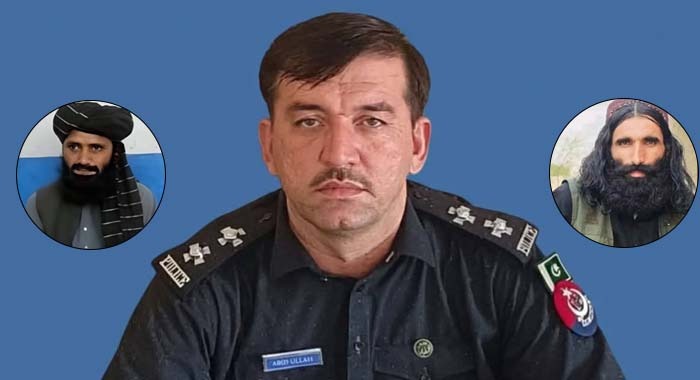The recent martyrdom of Bannu police officer Sub-Inspector Abid Wazir, a former Station House Officer (SHO), has exposed deep internal divisions within the Hafiz Gul Bahadur militant group, along with the group leader’s growing hostility towards Khyber Pakhtunkhwa Police, particularly those belonging to tribal areas.
According to credible sources, Abid Wazir was abducted by militants of the Hafiz Gul Bahadur faction weeks after his alleged dismissal from the police service on undisclosed grounds. Following his abduction, tribal elders initiated negotiations with the group, hoping to secure his safe release through a traditional jirga.
Sources revealed that the talks initially succeeded, with both sides agreeing that the kidnapped officer would be handed over to the jirga. However, at the eleventh hour, Hafiz Gul Bahadur himself overruled his subordinate commanders and rejected the decision, ordering the captive’s execution instead.
There are conflicting versions of how the tragedy unfolded. Some reports suggest that SHO Abid was martyred during captivity, while others claim he was released and then targeted on his way back home after the leader’s last-minute decision was enforced.
Discord within the ranks
Insiders confirm that the incident highlights two crucial aspects: growing rifts within the Hafiz Gul Bahadur group and its leader’s personal vendetta against the KP Police. The group, sources say, has long held animosity towards tribal police officials and continues to use intimidation and violence to undermine their morale.
Reliable accounts indicate that a few months earlier, Bannu police personnel, despite being outnumbered, had bravely confronted militants in the Momandkhel area of Daud Shah, killing five terrorists. The success reportedly angered the Hafiz Gul Bahadur network, which has since attempted several retaliatory but unsuccessful attacks on the police.
Further intelligence points to ongoing rivalry between the Hafiz Gul Bahadur and Noor Wali factions over influence in Bannu and adjoining tribal districts. Despite this militant infighting, local tribal communities have increasingly resisted their presence, making it harder for the groups to reassert control in the area.





